Red gold, a vibrant and aromatic spice derived from the Crocus sativus flower, offers a multitude of benefits for kids. Packed with essential nutrients and bioactive compounds, saffron has been recognized for its potential to enhance overall health and well-being in children. While saffron is often associated with adult health, it also holds great potential for improving the well-being of children. From promoting strong bones to supporting respiratory function, saffron’s medical properties make it an effective treatment for various childhood ailments. In this article, we will explore the health benefits of saffron for kids in detail.
Well known health benefits of saffron for kids
1. Rich in Nutrients:
Saffron contains several essential nutrients that are beneficial for children’s growth and development. It is a good source of vitamins such as vitamin A, vitamin C, vitamin B6, and minerals like iron, potassium, and manganese.
2. Boosts Immunity:
The presence of antioxidants in saffron helps strengthen the immune system of children. These antioxidants protect against oxidative stress caused by free radicals and reduce the risk of infections.
3. Enhances Cognitive Function:
Saffron has been found to have positive effects on cognitive function in children. It contains compounds like crocin and crocetin that may improve memory, concentration, and overall brain health.
4. Promotes Digestive Health:
Saffron possesses anti-inflammatory properties that can help soothe digestive issues in children such as indigestion or stomach cramps. It may also aid in improving appetite and preventing constipation.
5. Supports Respiratory Health:
Children often suffer from respiratory problems like asthma or coughing due to allergies or infections. Saffron’s anti-inflammatory properties may help alleviate these symptoms by reducing inflammation in the airways.
6. Mood Enhancement:
Saffron has been traditionally used as a mood enhancer due to its ability to stimulate the release of serotonin – a neurotransmitter responsible for regulating mood. This can be particularly beneficial for children experiencing mood swings or anxiety.
7. Promotes Healthy Skin:
The antioxidant properties of saffron make it beneficial for maintaining healthy skin in children. It may help reduce acne breakouts, improve skin texture, and provide a natural glow.
8. Supports Eye Health:
Saffron contains carotenoids like crocin that have been associated with promoting eye health by protecting against age-related macular degeneration (AMD) and reducing the risk of cataracts.
9. Anti-Inflammatory Properties:
Inflammation is a common response to injury or infection but can sometimes become chronic and lead to various health issues in children. Saffron’s anti-inflammatory properties may help reduce inflammation throughout the body.
10. Anticancer Potential:
Some studies suggest that certain compounds present in saffron exhibit anticancer effects by inhibiting the growth of cancer cells or inducing apoptosis (cell death). However, more research is needed to establish these claims conclusively.
It is important to note that while saffron offers potential health benefits for kids when consumed in moderation as part of a balanced diet, excessive consumption should be avoided as it may lead to adverse effects such as digestive discomfort or allergic reactions.
Saffron for ADHD for kids
While research on saffron specifically for ADHD is limited, some studies have shown promising results. Saffron contains several bioactive compounds that may have neuroprotective and mood-enhancing effects, such as crocin and safranal. These compounds are believed to modulate neurotransmitters like dopamine and serotonin, which play a role in attention and mood regulation.
One study published in the Journal of Child and Adolescent Psychopharmacology found that saffron supplementation significantly reduced ADHD symptoms in children compared to a placebo group. The researchers noted improvements in attention span, hyperactivity, impulsivity, and overall behavior. Another study published in the Journal of Clinical Pharmacy and Therapeutics reported similar findings, with saffron extract showing positive effects on ADHD symptoms in adults.
However, it is important to note that more research is needed to fully understand the effectiveness of saffron for ADHD. It should not be considered a standalone treatment but rather as a complementary approach alongside conventional therapies. As with any supplement or alternative treatment, it is advisable to consult with a healthcare professional before incorporating saffron into an ADHD management plan.
Saffron Supplement
Saffron has therapeutic properties, which means it can help with things like reducing stress and improving mood. Some people even say that saffron has psychoactive properties, which means it can affect the way your brain works. That’s why some people take saffron supplements to help them feel better.
Saffron supplements are made from the dried stigmas of the saffron flower and are often used as a natural remedy for things like depression and anxiety. They are believed to have therapeutic properties that can help improve mood and reduce stress. Some people also believe that saffron has psychoactive properties, meaning it can affect the way your brain works. However, it’s important to talk to a doctor before taking any kind of supplement, including saffron, especially if the user is a kid.
Physical Benefits
One of the most notable benefits of saffron for kids is its ability to promote strong bones. Saffron contains high levels of manganese, a mineral that plays a crucial role in bone development and maintenance. By incorporating saffron into their diet, children can support the growth of healthy bones and reduce their risk of developing conditions such as osteoporosis later in life. Additionally, saffron’s astringent properties help improve bone density and prevent fractures, making it an essential component of a child’s nutrition.
In addition to promoting strong bones, saffron also supports respiratory function in children. The spice’s anti-inflammatory properties help alleviate symptoms associated with respiratory conditions such as asthma and bronchitis. By reducing inflammation in the airways, saffron can help children breathe more easily and improve their overall lung function. Furthermore, saffron’s ability to clear mucus from the respiratory tract makes it an effective treatment for coughs and congestion in kids.
Moreover, saffron’s medical properties extend beyond bone health and respiratory function. The spice contains compounds such as crocin and crocetin that have been shown to possess antioxidant and anti-cancer properties. These compounds help protect children’s cells from damage caused by free radicals and reduce their risk of developing chronic diseases later in life. Additionally, saffron’s anti-inflammatory effects make it an effective treatment for inflammatory conditions such as arthritis and colitis in kids.
Warning
When considering the benefits of saffron for kids, it is important to note that the spice should be consumed in moderation. Excessive intake of saffron can lead to adverse effects such as nausea, vomiting, and dizziness. Therefore, parents should consult with a healthcare professional before incorporating saffron into their child’s diet to ensure safe consumption.
Conclusion
In conclusion, saffron can be a valuable addition to your child’s diet due to its rich nutrient profile and potential health benefits ranging from boosting immunity to enhancing cognitive function and promoting healthy skin among others. However, it is always advisable to consult with a pediatrician before introducing any new food or supplement into your child’s diet to ensure their safety and well-being.
FAQs
How to give saffron to a toddler?
Consult with a pediatrician to determine the appropriate dosage and method of giving saffron to a toddler.
How to use saffron for baby skin?
To use saffron for baby skin, start by mixing a few strands of saffron with a teaspoon of milk. Let it soak for 10 minutes. Then, gently apply the mixture on your baby’s skin and leave it on for 15 minutes. Finally, rinse off with lukewarm water and pat dry.
Can we give saffron to a 1 year old baby?
It is generally not recommended to give saffron to a 1-year-old baby.
As it may cause allergies or digestive issues consult with a pediatrician for proper guidance





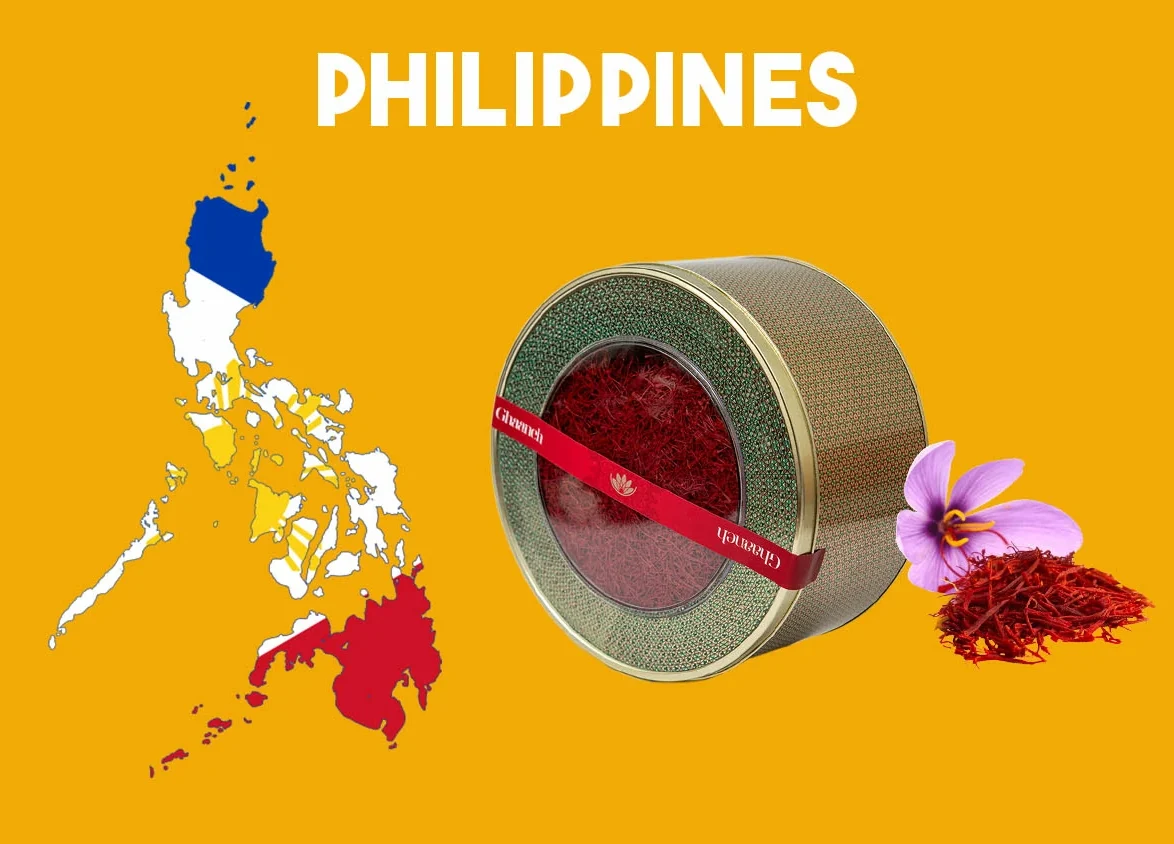
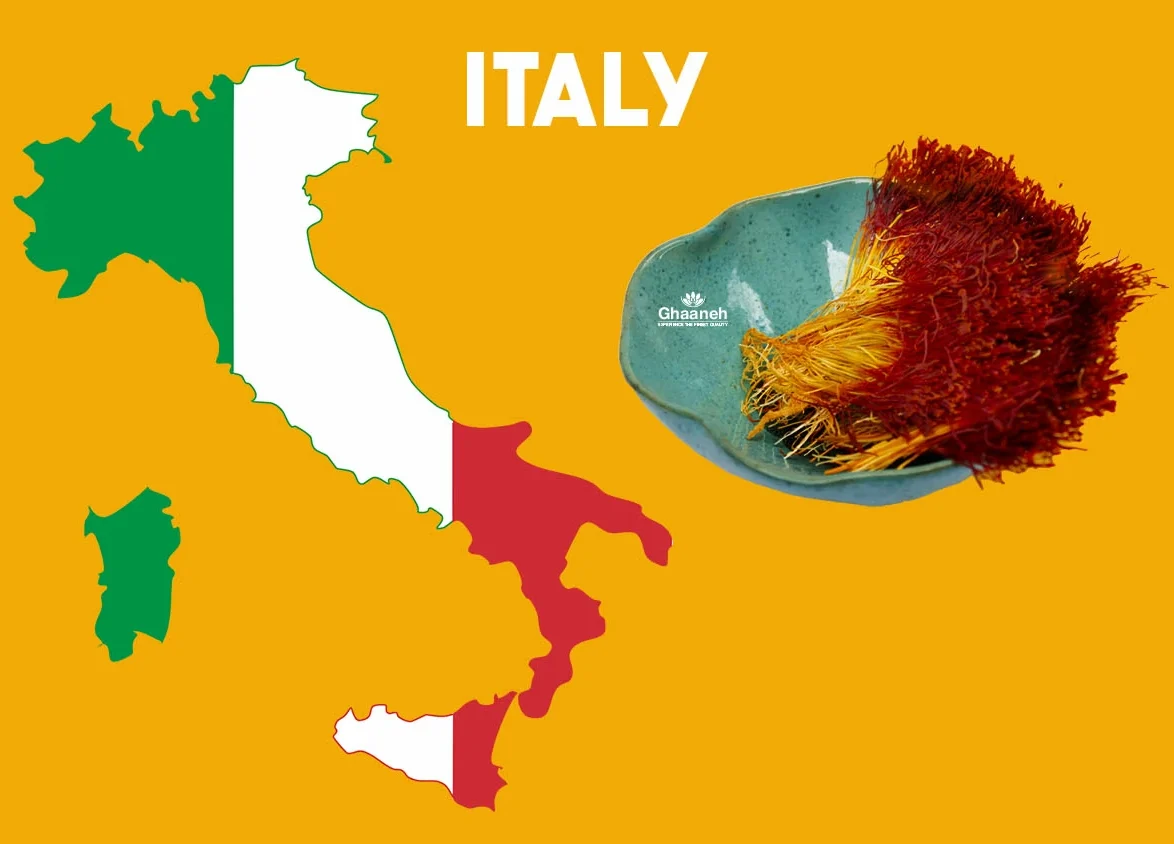



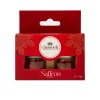
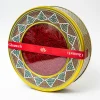
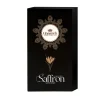
Pingback: Saffron in Germany: Prices & Local Shop Review